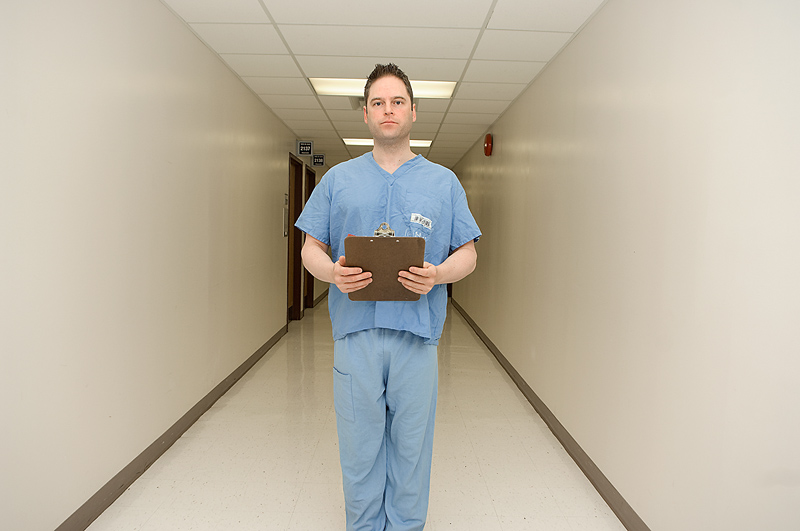
WEDNESDAY, Oct. 1, 2014 (HealthDay News) — Immediate steps need to be taken to slow the rise of obesity-related cancers in the United States, a group of cancer specialists says.
These include increased awareness and education about the links between obesity and cancer, development of new tools and resources for doctors, intensified and coordinated research, and greater access to obesity screening, diagnosis and treatment.
“With nearly three in four Americans obese or overweight, obesity has become a tremendous public health challenge that also impacts cancer care and prevention today,” Dr. Clifford Hudis, immediate past president of Association of Clinical Oncology (ASCO), said in a news release from the group.
“Cancer doctors need to play a lead role in reducing obesity’s impact, both in the care of our patients and as advocates for broader action. We can’t allow obesity to undo decades of progress in prevention, early diagnosis and treatment of cancer,” he added.
It’s predicted that obesity will soon overtake tobacco as the leading preventable cause of cancer in the United States, according to ASCO. By 2030, nearly a half million Americans will be diagnosed with obesity-related cancers each year.
In cancer patients, obesity can increase the risk of death and of cancer recurrence, according to ASCO. One study found that overweight and obesity may contributes to as many as 20 percent of cancer-related deaths.
“Research has clearly established that there is a critical relationship between cancer and obesity, but more work is needed to determine whether weight loss, increased physical activity and improved dietary quality can lower cancer rates and improve outcomes,” Dr. Jennifer Ligibel, a member of ASCO’s Cancer Survivorship and Cancer Prevention Committees, said in the news release.
The policy statement was published online Oct. 1 in the Journal of Clinical Oncology.
More information
The U.S. National Cancer Institute has more about obesity and cancer risk.
Copyright © 2026 HealthDay. All rights reserved.

